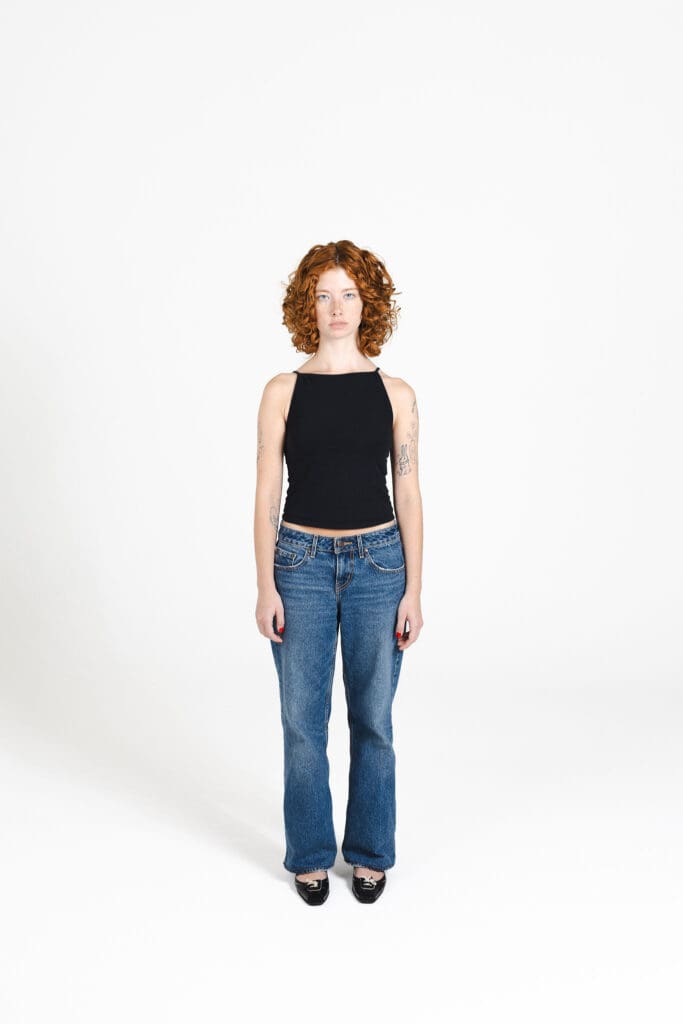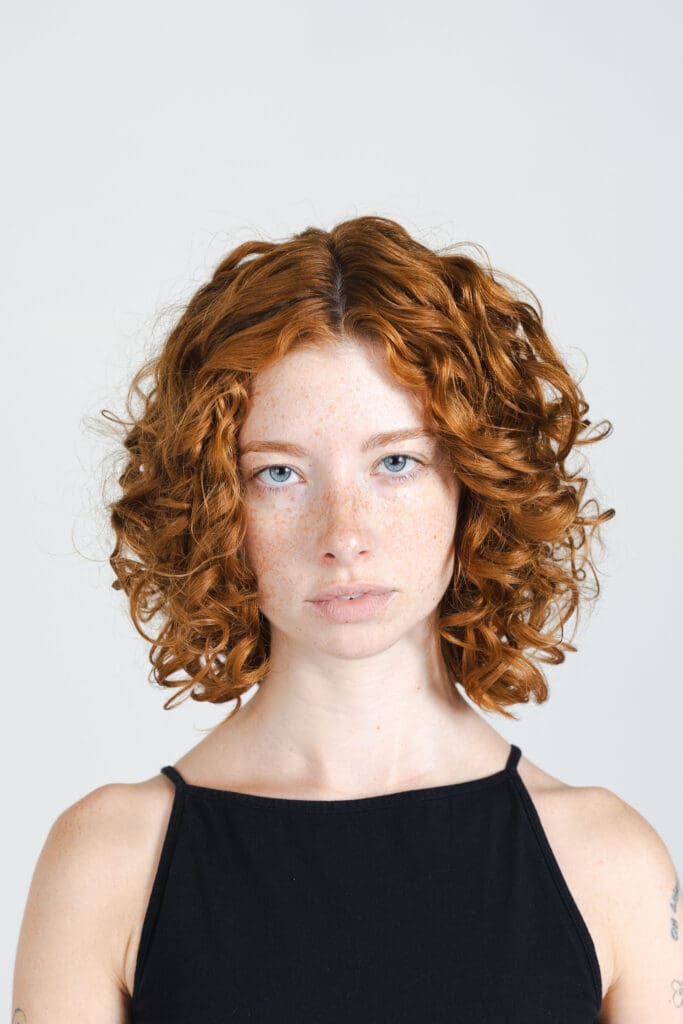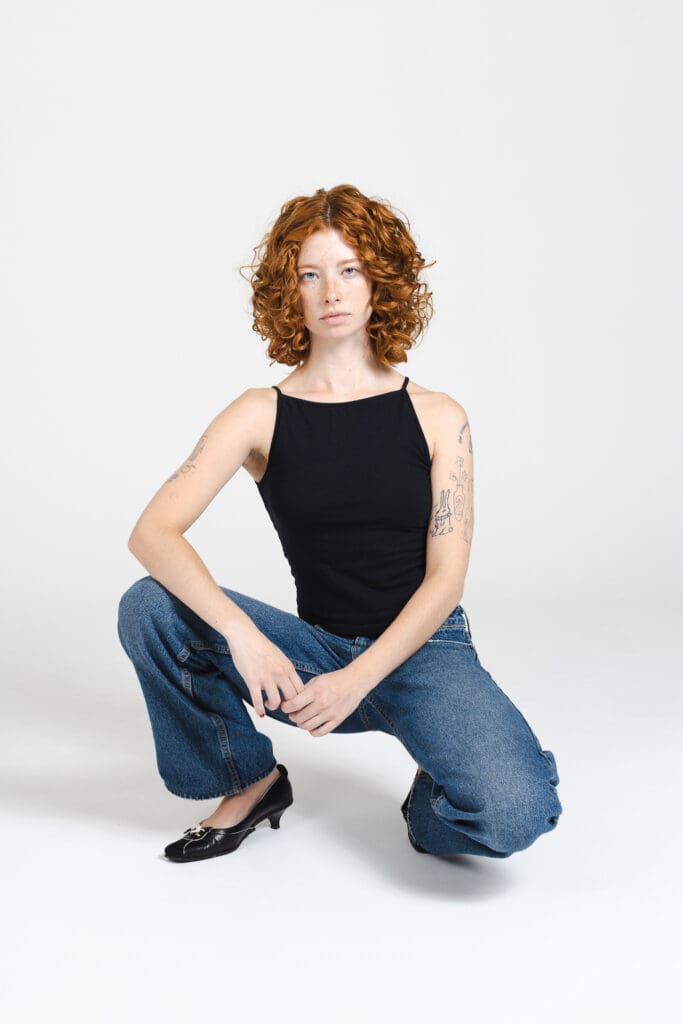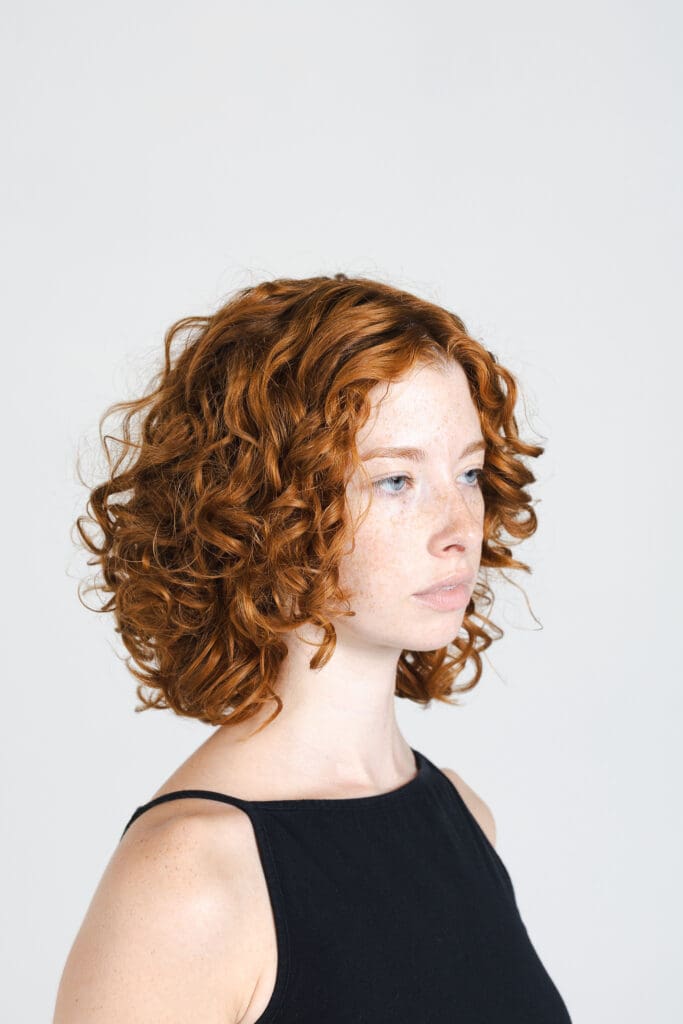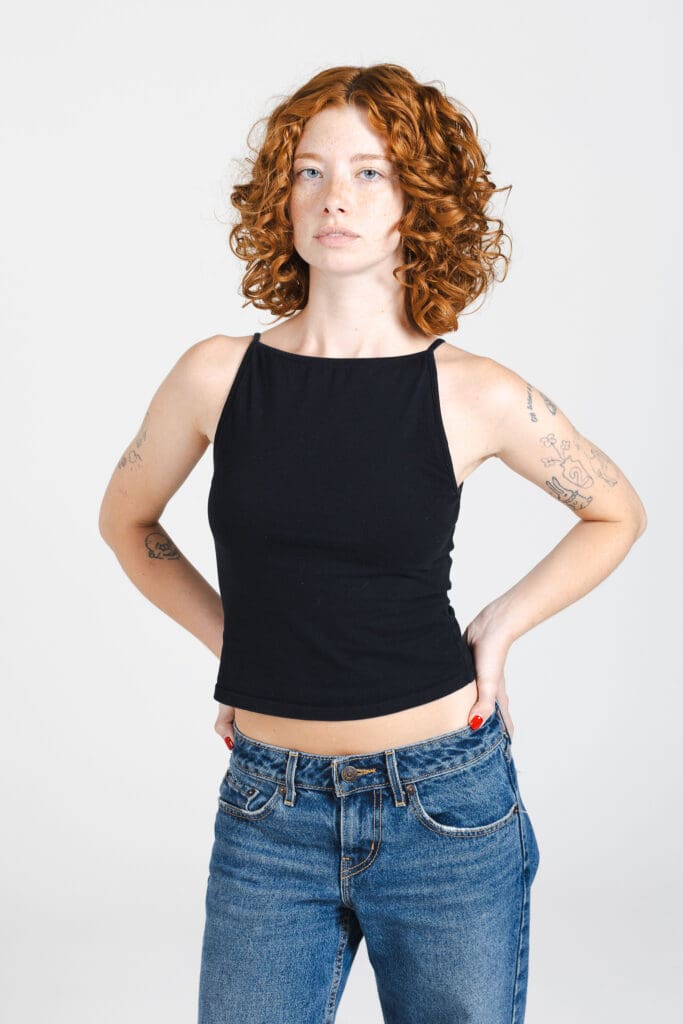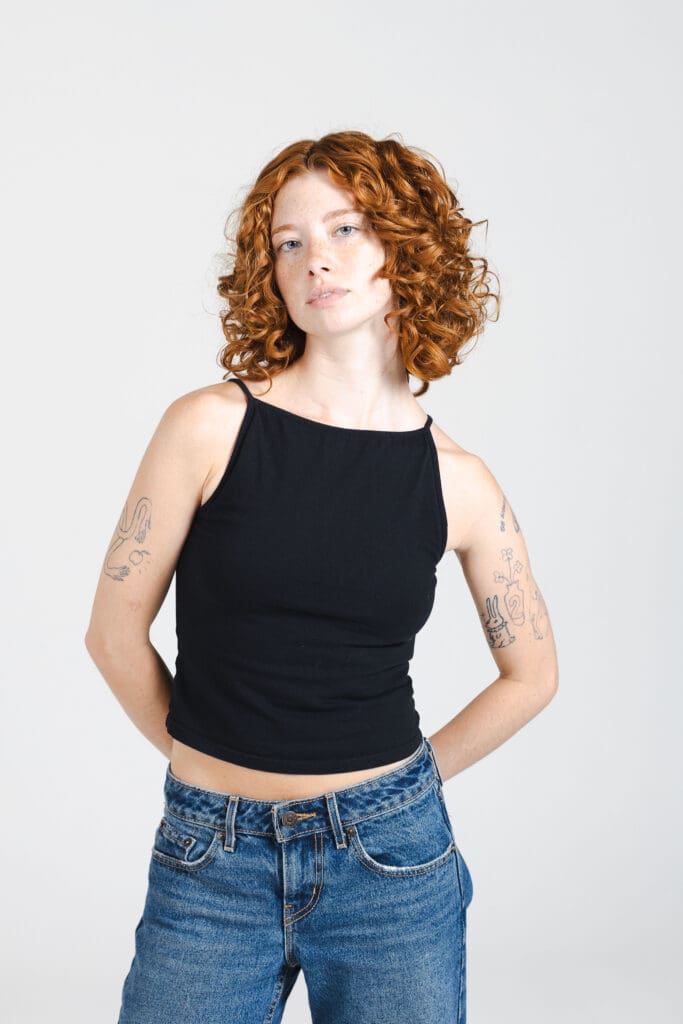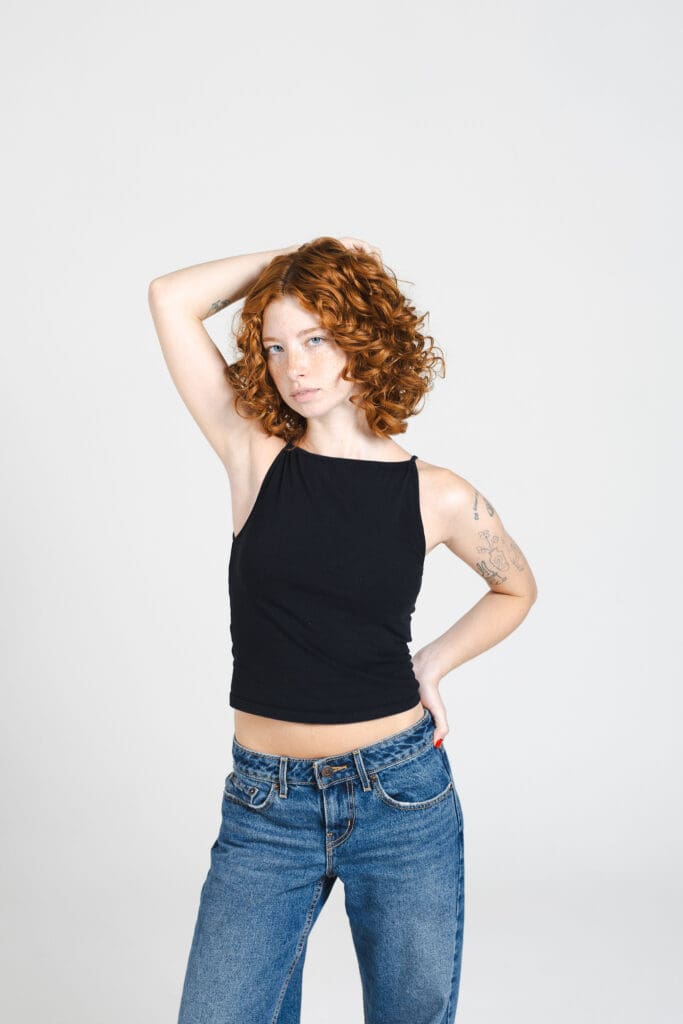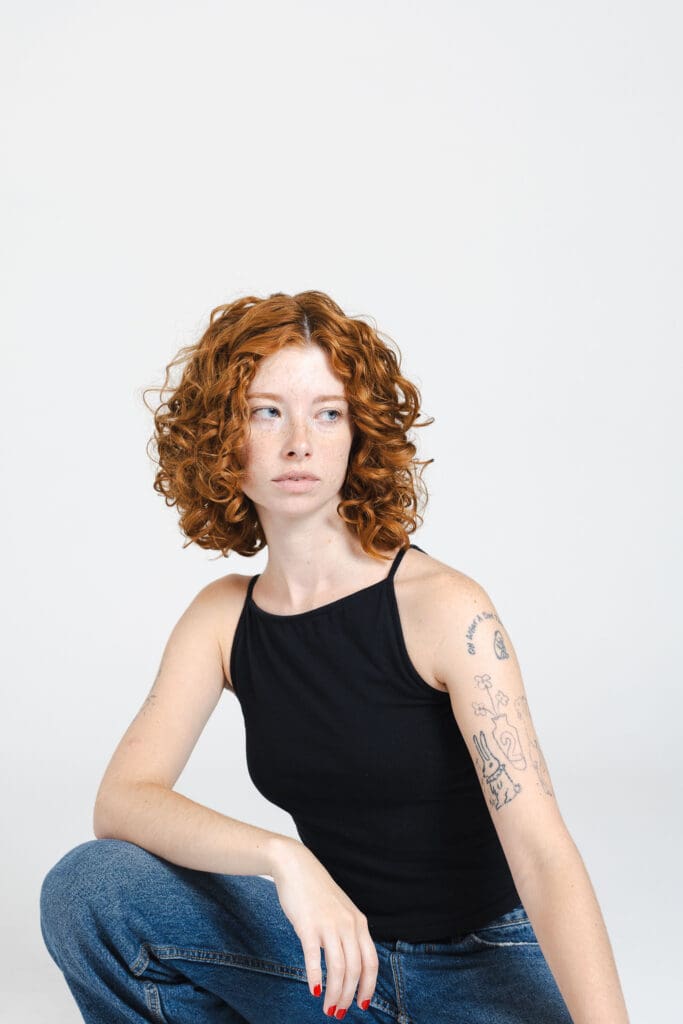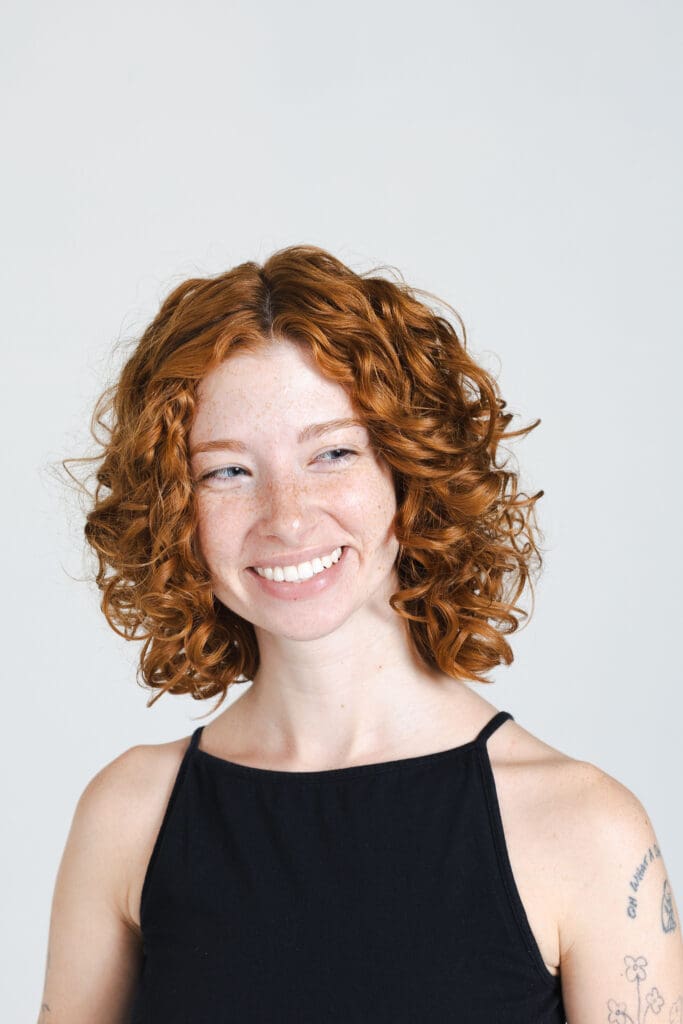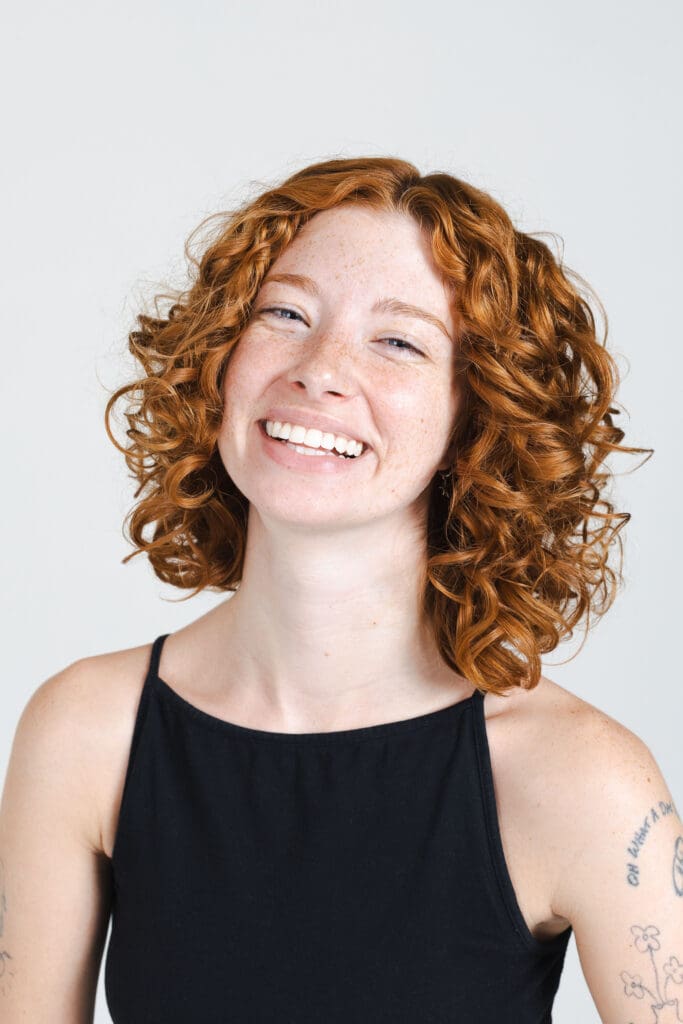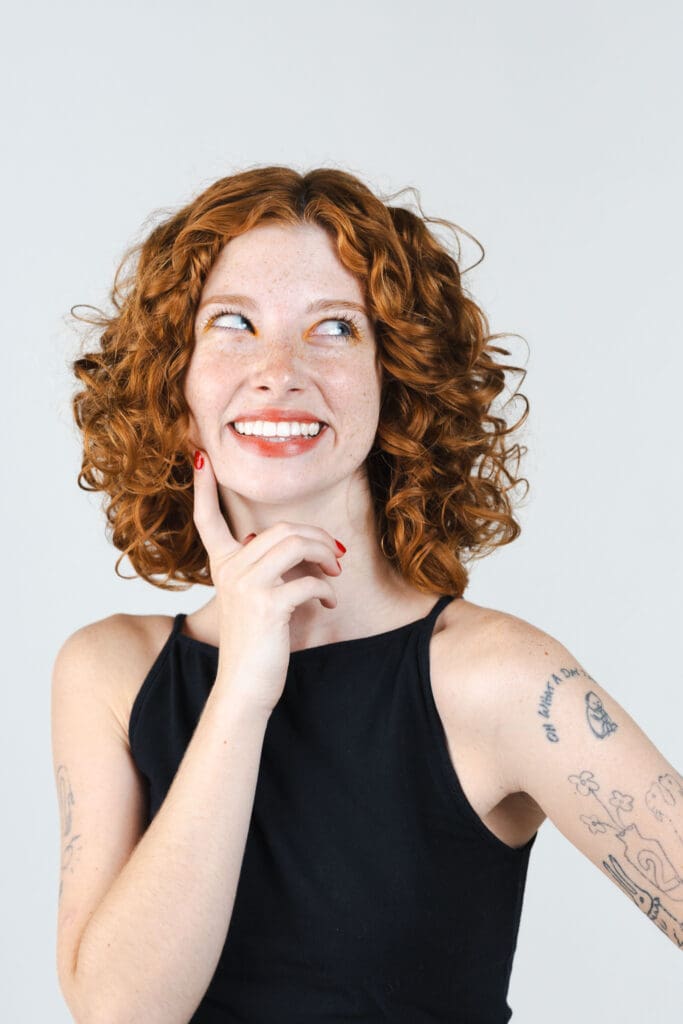Modeling Digitals: Your Essential First Step to Industry Success
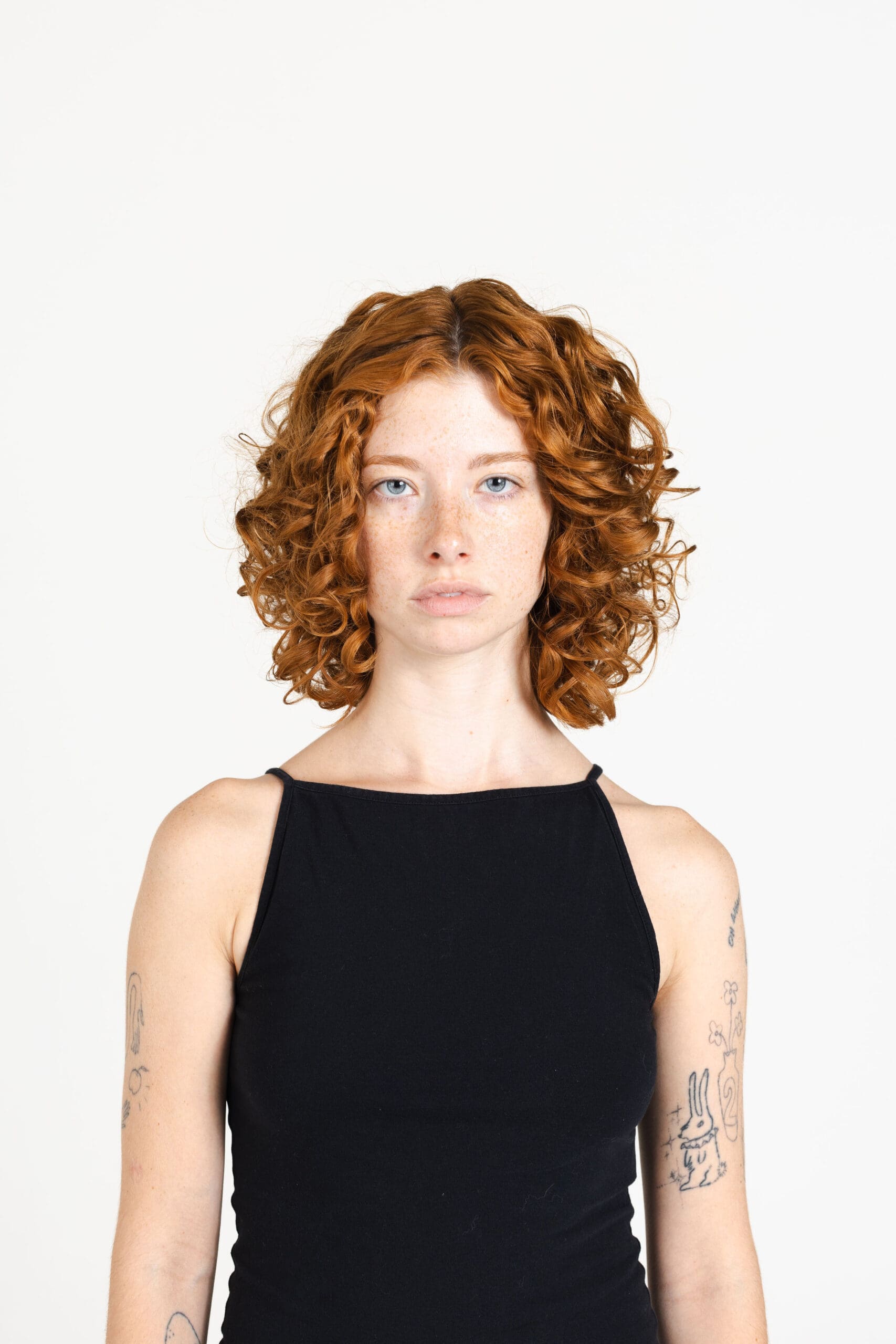
November 1, 2024
If you’re dreaming of a career in modeling, one of the most essential steps to take early on is getting your modeling digitals done. But what exactly are modeling digitals, and why are they so crucial? I am providing an example session along with helpful tips to get the most of of your digitals that can help you book jobs when submitting to agencies.
What Are Modeling Digitals?
Modeling digitals, also known as digitals, polaroids, or comp card images, are simple, unretouched photos that showcase a model’s natural look. These images are typically taken by a photographer in a well-lit setting, often using minimal makeup and clothing to highlight the model’s natural features, body shape, and facial expressions.
Think of digitals as your modeling “resume”—a way for agents and clients to see the real you. Digitals often include full-body shots, headshots, and profile shots, giving a clear, honest representation of your look without the embellishments of professional photo shoots or heavy makeup.
Why Are Modeling Digitals So Important?
- First Impressions Matter
In the modeling world, the competition is fierce, and your first impression can make all the difference. Agencies and clients use modeling digitals to assess your potential quickly. These photos provide an immediate snapshot of your features, your proportions, and your natural presence. A good set of digitals can lead to representation, casting opportunities, or even a chance to walk the runway. Without them, you’re not showing up to the table.
- Showcase Your Natural Look
Digitals emphasize a model’s raw, unaltered beauty. In the industry, agencies want to see what you look like in your most natural form—without heavy styling, fancy makeup, or elaborate shoots. Digitals provide a more realistic and honest portrayal of your appearance. If you’re in a modeling agency’s database, casting directors will want to see the authentic you, so they know how you will translate in different environments, with or without styling.
- Versatility Is Key
When agents or clients look at your modeling digitals, they aren’t just looking for “good looks” but also for versatility. How do you look in a natural shot? Can you give different facial expressions or poses in a range of simple images? The goal is to showcase the range you have, even in a minimalistic setup. Showing you can look fresh, strong, casual, or playful in simple photos speaks to your flexibility as a model.
- A Great Way to Build Confidence
Sometimes the best models aren’t always the ones with the most polished looks, but rather the ones who are most comfortable in their own skin. Modeling digitals help you understand your angles, what poses work for you, and which aspects of your look are most striking. It’s a great opportunity to experiment and get more familiar with yourself as a model, which builds confidence and experience for future shoots.
- Agencies and Clients Trust Them
Agencies rely on digitals as a trustworthy representation of a model’s potential. These images give them a true sense of what you can bring to the table. Clients, whether for fashion editorials, runway shows, or advertisements, also use digitals to determine if your look fits the brief. Because they are so raw and unpolished, digitals act as a standard of truth that cuts through the noise of overly styled portfolios.
- Cost-Effective Way to Get Started
When you’re just starting in the modeling industry, your budget may not allow for expensive shoots or high-end photographers. The beauty of digitals is that they don’t need to be shot in a studio with a huge production team. A professional photographer or even a trusted friend with a good camera can help you capture quality digitals without breaking the bank. This makes them an affordable first step to entering the industry.
How to Prepare for Your Modeling Digitals
Getting the best possible set of modeling digitals requires a bit of preparation, but don’t worry—it doesn’t need to be complicated. Here’s a checklist to help you get started:
- Wardrobe: Keep it simple. Wear neutral, form-fitting clothing that flatters your body. Avoid logos, busy patterns, or clothing that distracts from your natural shape.
- Hair and Makeup: Go for a natural look. Stick to minimal makeup—think clean skin, a little mascara, and maybe a subtle lip color. Hair should be simple, ideally styled in a way that reflects your natural texture.
- Poses: Practice in front of a mirror to understand your best angles. Stand straight, relax your body, and try different poses that show off your figure without being forced.
- Lighting: Good lighting is key! Natural light is the best, so try to shoot near a window, or choose an outdoor location during daylight hours.
- Confidence: The best modeling digitals come from a place of confidence. Let your personality shine through. The goal is to show off you—as natural, real, and approachable as possible.
Modeling digitals are the gateway to starting your career in modeling. They allow agencies, clients, and even you, the model, to see the raw potential in your look and your versatility. While they may seem simple, these unpolished shots are essential tools that can help you break into the competitive world of fashion and modeling.
Model: @contrachloe on Instagram
Studio: The Ivory Space in Los Angeles, California
